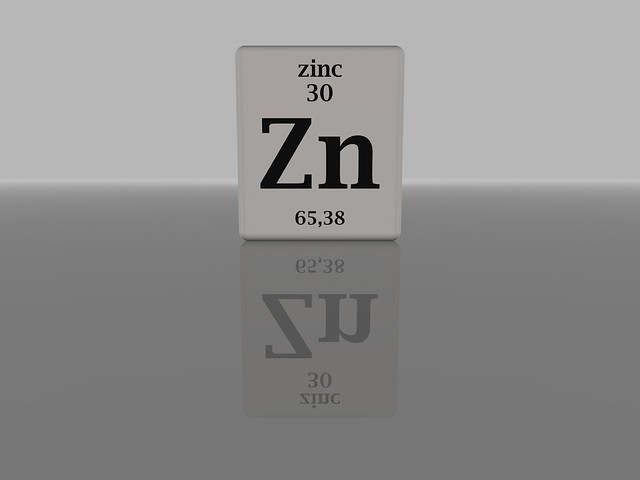
A reader emailed me in the week asking how vegans get enough zinc.
It’s a great question. We tend to focus on nutrients that uninformed journalists have scared us into thinking we won’t get enough of on a plant-based diet; like protein, calcium and iron.
Zinc doesn’t often figure in this list.
So let’s do zinc; right here, right now!
Zinc is a highly important nutrient; vital for healthy growth during childhood, adolescence and pregnancy; for a healthy immune system; for nerve development and for wound healing.
Symptoms of zinc deficiency include frequent infections, skin sores, loss of hair and problems with sense of taste and smell.
White spots on fingernails are also thought by many to be a sign of mild zinc deficiency, but though I can find this information on several MD websites, I can’t find science to back this up and there are differing opinions on this.
In any case, you don’t want a zinc deficiency, no sir.
The good news is there is no science that suggests that vegans do not get enough zinc.
According to the Vegan Society, vegans of all ages generally have a dietary intake of zinc which is similar to or greater than that of non-vegans.
If a vegan IS deficient in zinc this is more likely to be because they are restricting their caloric intake (i.e. as with an eating disorder) rather than because a plant-based diet is naturally deficient in zinc.
The recommended daily amount is 8 – 11mg. The higher end of this scale is for sexually active males, as zinc is lost through semen expulsion.
It has been suggested by the Institute of Medicine that vegans who have high intakes of whole grains might need more zinc than recommended. It’s true that the phytic acid found in whole grains can bind to minerals like zinc and make them less bioavailable to the body, but there is no solid science to show that this is a problem that causes zinc deficiency in vegans.
In fact, Dr Michael Greger says that even though whole grains ARE high in phytates, phytates have other health benefits, so we don’t want to avoid them. He says there are two simple solutions to combat any negative effect they may have on zinc absorption. Either 1) Eat bigger portions of whole grains (brown rice for example), to ensure more zinc intake, or 2) make sure you eat alliums (onion or garlic – or both!) with the brown rice, as these aid mineral absorption. This is easily done if you’re making a curry or chili for example, as onion and garlic would both be default ingredients, and you can serve it over brown rice. We certainly do NOT want to avoid whole grains bcause of the phytates and to miss out on the other great nutrients in whole grains.
Even though plant foods are not high in zinc, there are lots that contain zinc. Whole grains, legumes, nuts, seeds, tofu and tempeh are all great sources.
If you want to pro-actively increase your intake of zinc then add toasted nuts and seeds to salads, or grab a small handful as a snack; and make sure to eat leavened (risen) bread over flatbreads.
Should you take a zinc supplement?
Probably, no.
However –
Disclaimer:
I do take a zinc supplement (30mg per day) in the winter, or at times when I feel like I might be coming down with a cold.
This is because my immune system was decimated as a young’n’! (I had lots of antibiotics as an infant, and took them for years as a teen to combat acne, which pretty much destroyed my health and immune responses).
Taking a supplement when I need to works for me. I live in London and am often on cramped public transport in the winter, standing underneath people that are sneezing on my head.
In order to avoid catching infections I take supplementary zinc but you very probably don’t have to because your medical history and your lifestyle may be different.
I’ve also found, in the past that if I have white flecks on my nails, a daily zinc supplement takes care of these (but as I’ve already mentioned, I cannot find the science to support this).
If you feel you may have a zinc deficiency, please consult your doctor and have your blood tested for zinc levels before deciding to supplement.
